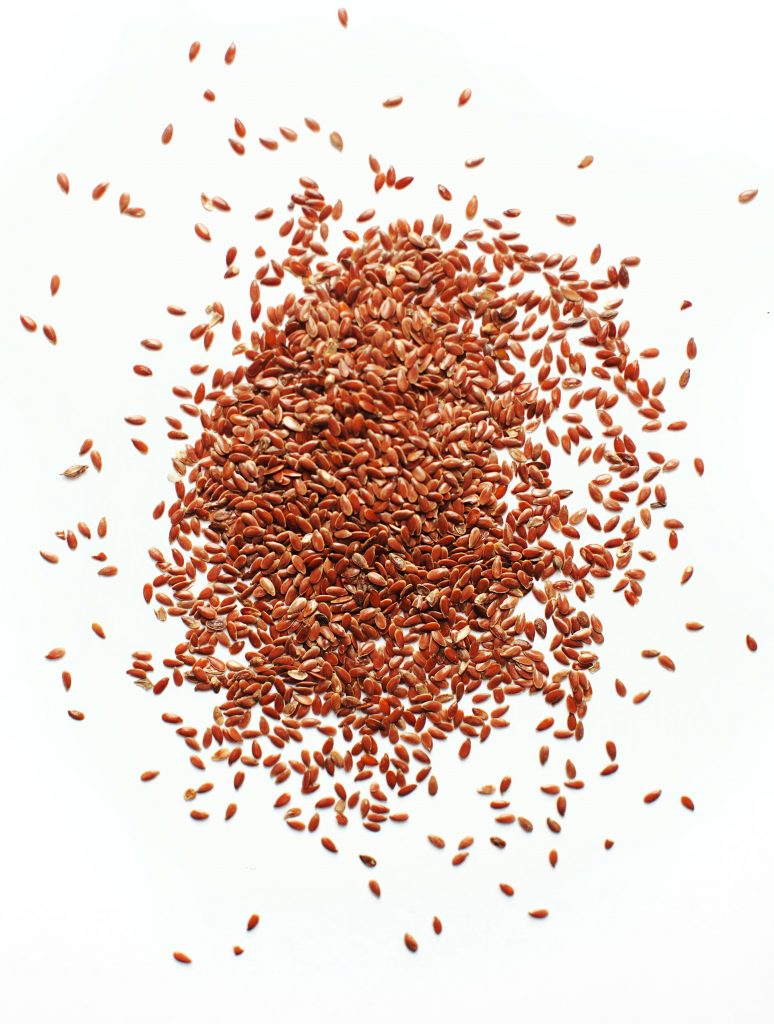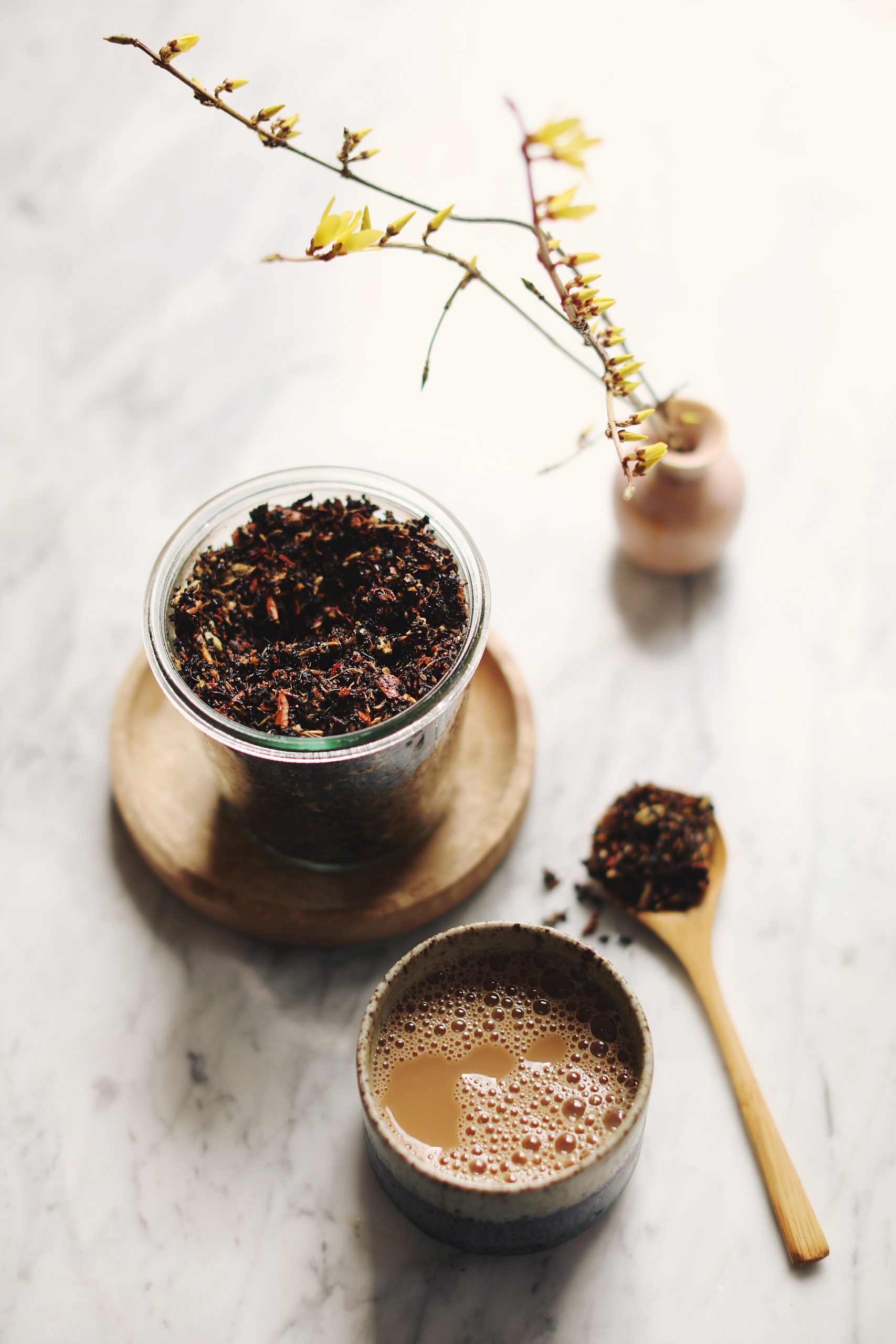Because of the delicate nature of the omega-3 essential fatty acids that flax seeds contain, it is best to buy flax seeds that are whole and grind them yourself at home in a coffee mill or with mortar and pestle. Keep any ground flax seed, or flax seed “meal”, in the freezer to prevent the fats from turning rancid. Flax comes in golden and dark brown varieties, the nutritional value being the same for both. Ground flax is more digestible and therefore more nutritious. Sprinkle on top of cereal, salads, add to soups at the end of cooking, or blend into smoothies.
- Flax seeds are the richest source of omega-3 essential fatty acids, the type of fat most lacking in the North American diet.

About Seeds
Seeds are concentrated, high-energy foods that are always good to have on hand in your pantry. Seeds are typically the best sources of vitamin E and plant-based essential fatty acids.
Seeds are healthiest consumed after they have been soaked for some hours to improve their digestibility and increase their nutritional value. Raw, unsprouted nuts and seeds are difficult to digest.
Buying
To ensure quality, visit a shop you know has a high turnover to ensure freshness and taste the seeds before purchasing. Purchase organic whenever possible, as pesticides and toxins tend to accumulate in high fat food, such as seeds. Never buy roasted seeds, or those processed with oil, salt, sugar, or other additives. Pre-roasted seeds contain rancid fats and are a source of harmful free radicals. Seeds should always be purchased raw and toasted at home if desired.
Storing
Store hulled seeds in glass containers in a dark, cool place – heat and light speed up oxidation. Seeds will keep at room temperature for one to three months. The fridge is an idea place as it is both cold and dark; storing here will ensure freshness for up to six months. Do not store seeds in plastic.



